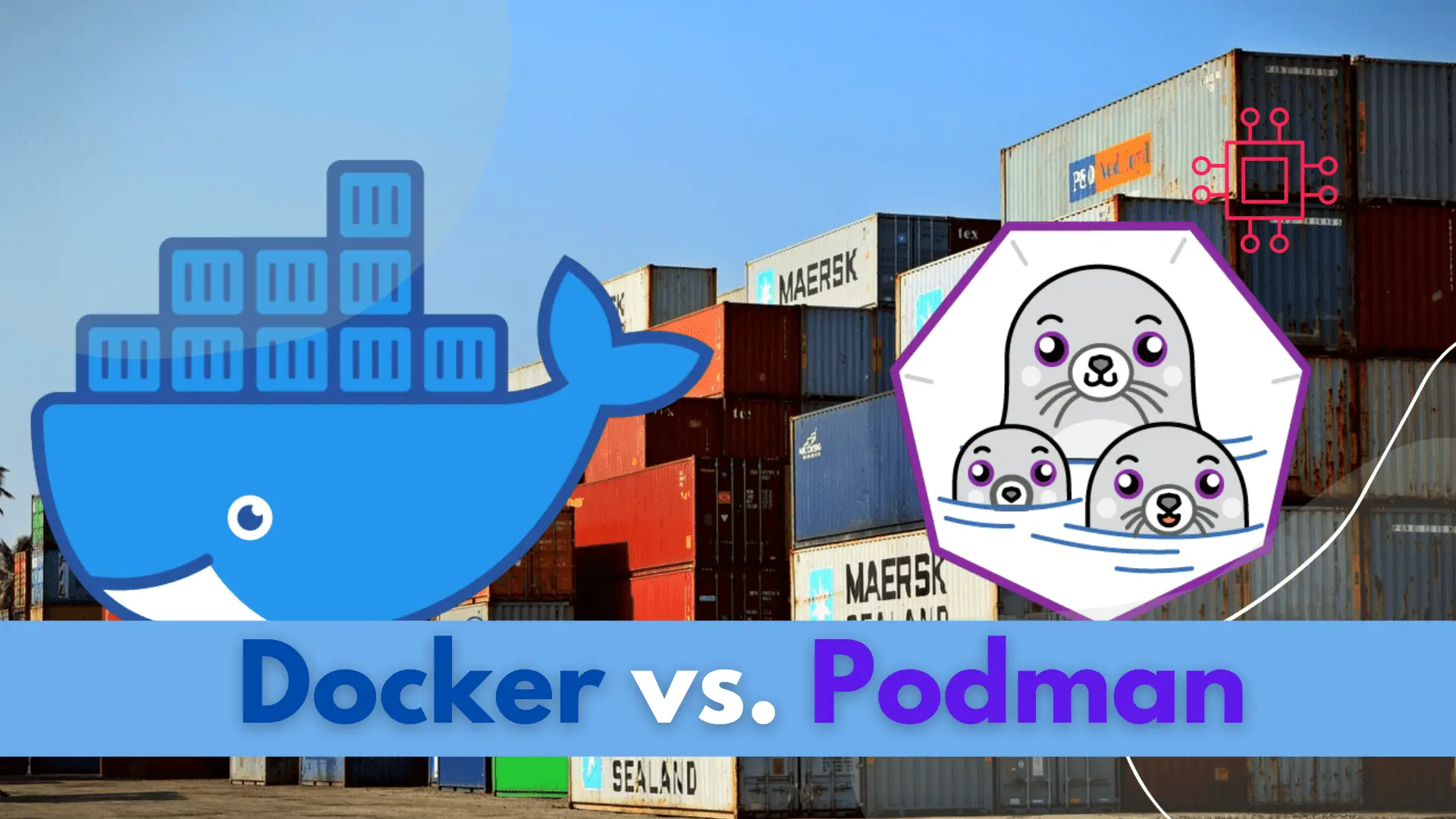
As the demand for skilled Kubernetes professionals continues to surge, obtaining a Kubernetes certification has become a pivotal step in advancing your career in the

Unlocking Success: Junior Linux Sysadmin Skills Unveiled – From command line to networking essentials, gain vital skills for effective Linux system administration in this comprehensive guide.
In the ever-evolving landscape of information technology, Linux systems administrators play a crucial role in maintaining the stability and functionality of servers and systems. A Junior Linux Systems Administrator is an entry-level professional who is responsible for assisting in the management, configuration, and troubleshooting of Linux-based systems.

Photo by SnapwireSnaps from Pixabay
A Junior Linux Systems Administrator is an entry-level IT professional responsible for assisting in the configuration, maintenance, and management of Linux-based systems and servers. This role focuses on the operational aspects of IT infrastructure, including system deployment, monitoring, troubleshooting, and user support. Junior administrators work under the guidance of more experienced senior administrators or system architects and play a pivotal role in ensuring the reliability, security, and performance of Linux systems.
Junior administrators collaborate with various teams, such as developers, network administrators, and security experts, to provide a seamless IT environment. They are expected to have a solid understanding of Linux operating systems, essential command line utilities, and basic networking concepts. This role serves as a stepping stone for individuals looking to build a career in system administration and related IT disciplines.
As junior administrators gain experience and proficiency, they often progress to more advanced roles, taking on greater responsibilities in system design, architecture, and strategic decision-making within the IT infrastructure.
The command line is the heart of Linux administration. Junior administrators should be comfortable navigating and executing commands in the terminal. Familiarity with basic commands like ls, cd, mv, cp, rm, and mkdir is essential. This skill enhances efficiency and facilitates quicker troubleshooting.
Understanding the Linux file system hierarchy (root directory, /etc, /var, /tmp, etc.) is critical. Juniors should be adept at managing files and directories, changing permissions with chmod, and understanding ownership using chown and chgrp commands.
Linux distributions use package managers like apt (Debian/Ubuntu) or yum (Red Hat/CentOS) to install, update, and remove software packages. Proficiency in package management ensures that systems are up-to-date and secure. For example, to install a package, use:
Use the apt command to install, update, and remove software packages.
$ sudo apt install <package_name>
Use the yum command to install, update, and remove packages.
$ sudo yum install <package_name>
Use the dnf command (for RHEL/CentOS 8 or higher) to install, update, and remove software packages.
$ sudo dnf install <package_name>
Juniors should be skilled in creating, modifying, and deleting user accounts and groups. Basic commands like useradd, usermod, userdel, groupadd, and groupdel are essential for effective user management.
Monitoring and managing processes is vital for system performance. The ps, top, and kill commands help junior administrators monitor running processes, check resource utilization, and terminate unresponsive processes.
Understanding networking basics is crucial for managing Linux systems. Juniors should grasp concepts like IP addressing, subnetting, and routing. Commands like ifconfig, ip, and netstat enable administrators to configure network interfaces and troubleshoot connectivity issues.
Security is paramount in Linux administration. Junior administrators should learn about firewall management using tools like iptables or ufw or firewalld, secure shell (SSH) configuration, and the importance of regular system updates (apt update && apt upgrade).
Monitoring system logs helps identify and troubleshoot issues. Learning to use journalctl to access system logs and implementing monitoring tools like top, htop, or even more advanced solutions like Nagios is crucial for maintaining system health.
Understanding file permissions (rwx) and ownership is essential for maintaining data security. The ls -l command displays detailed file information, while chmod and chown commands control permissions and ownership.
Automation is a key skill for any Linux administrator. Junior administrators should be able to create simple shell scripts to automate repetitive tasks. Learning to use variables, loops, conditionals, and basic input/output operations is a great starting point.
Becoming a proficient junior Linux systems administrator requires mastering these ten fundamental skills. From command line proficiency to networking basics and security best practices, each skill contributes to building a solid foundation in Linux administration. By engaging with these skills and continuously learning, aspiring junior administrators will be well-equipped to tackle the challenges of managing and maintaining Linux-based systems in a dynamic IT environment. Happy learning and exploring the world of Linux administration!
Remember, the world of IT is dynamic, and staying up-to-date with the latest trends, technologies, and best practices is essential for career growth in the field.
Related Posts

As the demand for skilled Kubernetes professionals continues to surge, obtaining a Kubernetes certification has become a pivotal step in advancing your career in the

Are you interested in a career in Linux or an aspiring Linux professional? Discover how you can earn over $250k in just 5 years. With

In this article, we compare and contrast both container platforms and ultimately decide whether to docker or not to podman. Table of Contents Introduction When
